I use fabric crashlytics in my application and it works fine when com.android.tools.build:gradle is 3.2.1, until I update it to 3.3.0.
Now I meet the 'Crashlytics could not find the manifest', and find out that there is no AndroidManifest.xml created in build/intermediates/merged_manifest/.../merged. I've read this this and this, but did not solve my problem. How do I fix it? Thanks.
Here is the lib.gradle
apply plugin: 'com.android.library'
buildscript {
repositories {
mavenCentral()
maven { url 'https://maven.fabric.io/public' }
}
dependencies {
classpath 'io.fabric.tools:gradle:1.+'
}
}
apply plugin: 'io.fabric'
repositories {
maven { url 'https://maven.fabric.io/public' }
...
}
dependencies {
...
api('com.crashlytics.sdk.android:crashlytics:2.9.8@aar') {
transitive = true
}
}
And here is the project gradle
buildscript {
dependencies {
classpath 'com.android.tools.build:gradle:3.3.0'
...
}
}
